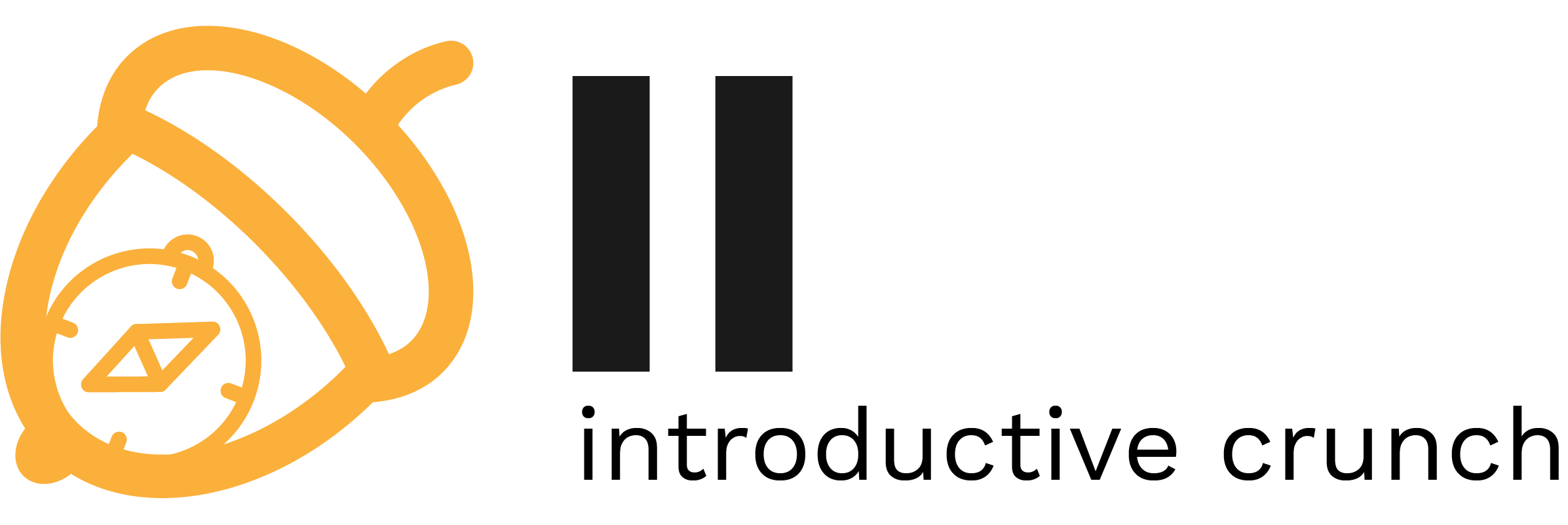Differences
This shows you the differences between two versions of the page.
|
ii:labs:s2:02:tasks:04 [2024/03/17 18:41] florin.stancu [04. [10p] Serving dynamic content] |
ii:labs:s2:02:tasks:04 [2024/03/17 18:43] (current) florin.stancu [04. [10p] Serving dynamic content] |
||
|---|---|---|---|
| Line 3: | Line 3: | ||
| Finally, we shall see how dynamic content can be interpolated | Finally, we shall see how dynamic content can be interpolated | ||
| - | * Edit the website's second HTML page, enter ''%%{{mycontent}}%%'' (this literal text!) as content somewhere inside the main content block: <code> | + | * Edit the website's second HTML page, enter ''%%{{mycontent}}%%'' (this literal text!) as content somewhere inside the main content block: <code html> |
| <div class="content-box main-content"> | <div class="content-box main-content"> | ||
| ... | ... | ||
| Line 9: | Line 9: | ||
| ... | ... | ||
| </code> | </code> | ||
| - | * Now modify the ''server.py'' code (the ''second_page'' function) to take in the desired value as a request parameter and pass it to the ''mycontent'' template variable, e.g.: <code> | + | * Now modify the ''server.py'' code (the ''second_page'' function) to take in the desired value as a request parameter and pass it to the ''mycontent'' template variable, e.g.: <code python> |
| def second_page(): | def second_page(): | ||
| render_template("second.html", mycontent=request.args.get("mycontent", "<not specified>")) | render_template("second.html", mycontent=request.args.get("mycontent", "<not specified>")) | ||
| </code> | </code> | ||
| - | * Open the endpoint URL and pass the ''mycontent'' value as GET (//www-urlencoded//) parameter and see if the content changes dynamically after the request! | + | * Open the endpoint URL and pass the ''mycontent'' value as a ''GET'' //URL parameter// (e.g., ''?parameter=value'') and see if the content changes dynamically after the request! |
| - | * This is a template engine called Jinja, seamlessly integrated with Flask (they have the same developers ;)! More about this: next time! | + | * This is a template engine called Jinja, seamlessly integrated with Flask. More about this: next time! |

